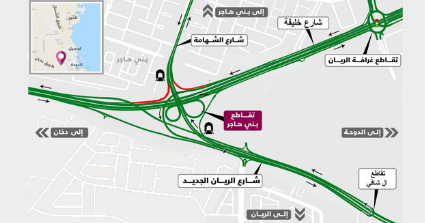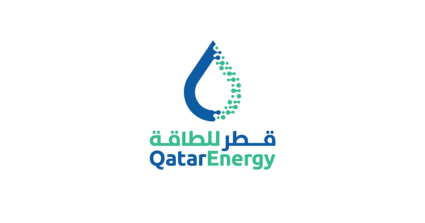The Artificial Intelligence (AI) revolution will make significant contributions to Qatar’s Gross Domestic Product (GDP), with an estimated impact of 8.2% by 2030.
Microsoft Qatar General Manager, Lana Khalaf, revealed this figure during a recent session, emphasising the game-changing nature of AI.
Khalaf stated: “It is anticipated that without the full impact of generative AI, we see today, there will be a $15.7 trillion contribution to the global economy, with $320bn dedicated to the Middle East region. Notably, AI adoption and transformation are expected to have an 8.2% impact on Qatar’s GDP.”
“We know the impact of AI, on economy, jobs, people, industry and how we work and live everyday. And why is that? We see the impact of technology on GDP. AI will accelerate it much further and will be a key driver for economic growth.”
A report titled “Impact of Artificial Intelligence on Qatar’s Labor Market,” conducted by Hamad bin Khalifa University’s Qatar Computing Research Institute, further supports these projections. The study predicts that AI’s contribution to Qatar’s GDP will reach 8.2% by 2030.
The report highlights Qatar’s unique position.
“For Qatar, a future based on AI technology can be a windfall. Many countries are wary of aggressively adopting AI technology, as a large workforce displacement may result in increased initial cost to upskill workers and potentially cause social disruption.”
“In Qatar, 95% of the workforce is made up of an expatriate population that has a high turnover rate. The feared AI trade-off between economic growth versus income inequality is unlikely to hold in Qatar.”
Khalaf emphasised the transformative power of AI, noting that the shift from digital transformation to AI transformation is essential.
She mentioned Microsoft’s partnership with the Ministry of Information and Communication Technology and Qatar in bringing the first hyperscaler to the country in 2019, enabling digital transformation across industries and organisations. A hyperscaler is a large-scale data center that provides vast computing capabilities, generally via an elastic cloud platform.
She explained that while AI has been utilised in various organisations in Qatar, the advent of generative AI and large language models brought about significant changes.
“Generative AI today is able to create new content, learn and grow and augment to human reality.”
Previously, organisations had to create their own models and invest in training for each use case. However, the development of supercomputers and the introduction of AI innovations to Qatar’s data centers have made large language models widely available.
This enables organisations to utilise AI more efficiently, reducing time and costs associated with deployment and accelerating the overall digital transformation process, Khalaf explained.
Generative AI is revolutionising the AI landscape, ushering in a new reality for businesses. Khalaf stressed its ability to empower organisations with greater accessibility and efficiency, leading to transformative outcomes.
She noted the benefits of using AI on a larger scale, highlighting reduced time and cost, and its availability for organisations in the country.
To view the source of this news, please click (Here)





